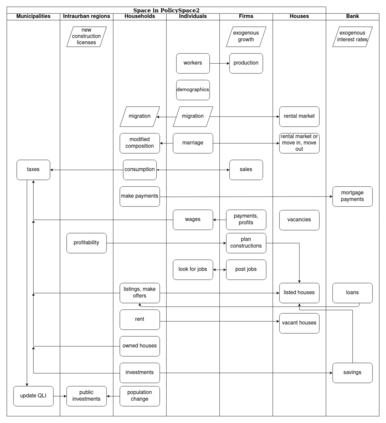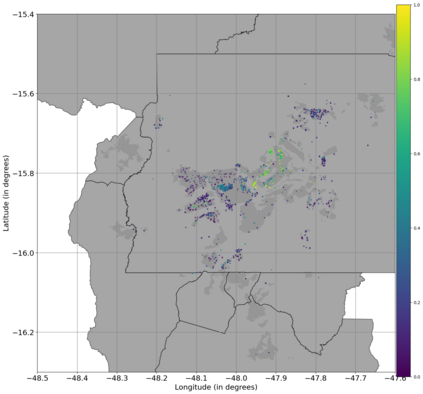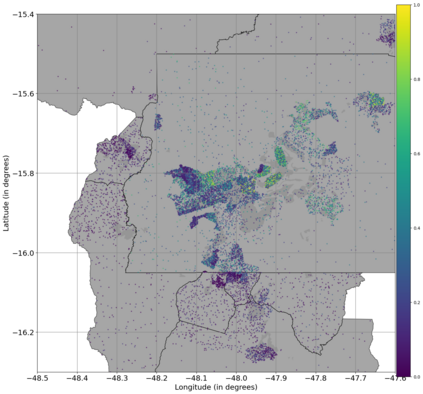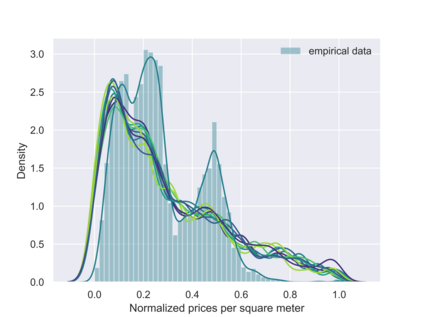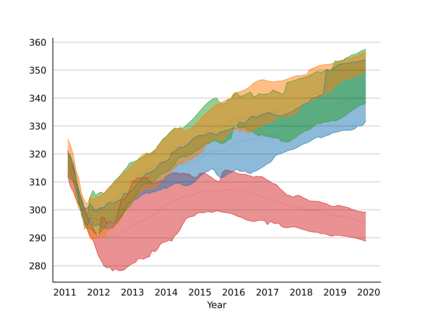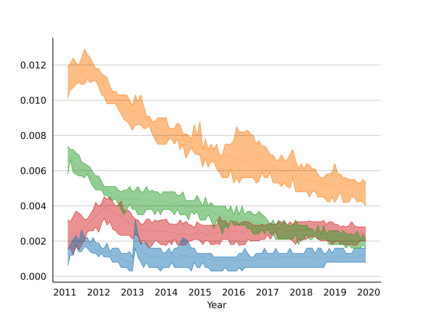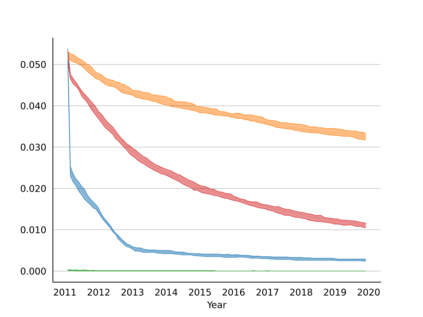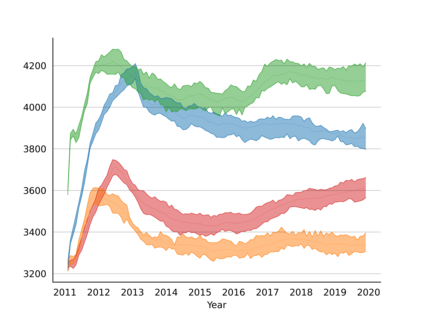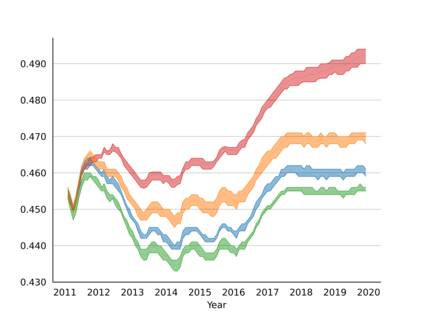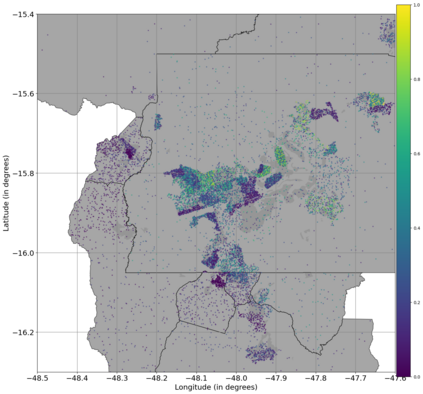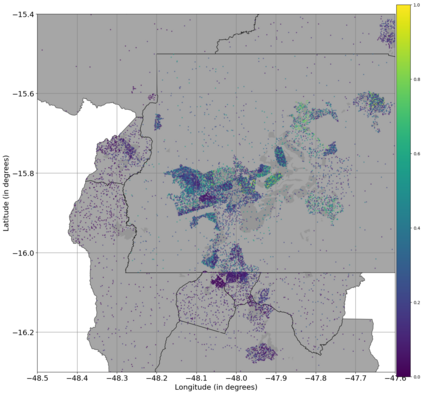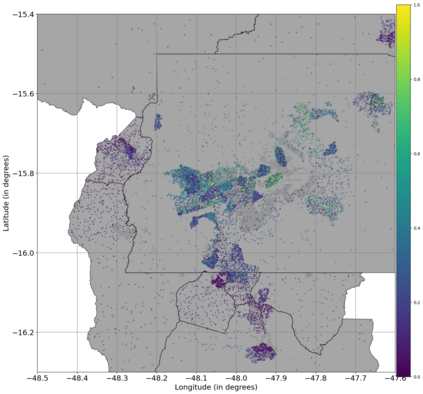Policymakers decide on alternative policies facing restricted budgets and uncertain, ever-changing future. Designing public policies is further difficult due to the need to decide on priorities and handle effects across policies. Housing policies, specifically, involve heterogeneous characteristics of properties themselves and the intricacy of housing markets and the spatial context of cities. We propose PolicySpace2 (PS2) as an adapted and extended version of the open source PolicySpace agent-based model. PS2 is a computer simulation that relies on empirically detailed spatial data to model real estate, along with labor, credit, and goods and services markets. Interaction among workers, firms, a bank, households and municipalities follow the literature benchmarks to integrate economic, spatial and transport scholarship. PS2 is applied to a comparison among three competing public policies aimed at reducing inequality and alleviating poverty: (a) house acquisition by the government and distribution to lower income households, (b) rental vouchers, and (c) monetary aid. Within the model context, the monetary aid, that is, smaller amounts of help for a larger number of households, makes the economy perform better in terms of production, consumption, reduction of inequality, and maintenance of financial duties. PS2 as such is also a framework that may be further adapted to a number of related research questions.
翻译:由于需要决定优先事项和处理各种政策的影响,制定公共政策更加困难; 住房政策,具体而言,涉及地产本身的不同特点以及住房市场和城市空间环境的复杂性; 我们提议PolicySpace2 (PS2)作为开放源码基于PolicySpace代理商的模式的经修改和扩大版本; PS2是一个计算机模拟,它依赖经验详尽的空间数据来模拟房地产模式,同时依赖劳动力、信贷以及商品和服务市场; 工人、公司、银行、家庭和城市之间的相互作用,遵循文献基准,将经济、空间和运输奖学金结合起来; PS2 用于比较旨在减少不平等和减贫的三种相互竞争的公共政策:(a) 政府购置住房和向低收入家庭分配住房;(b) 租房券;(c) 货币援助; 在模型范围内,货币援助,即对更多家庭的援助数额较小,使经济在生产、消费、减少不平等和维持金融义务方面表现更好; PS2 也是为了进一步调整一个与研究有关的框架。


